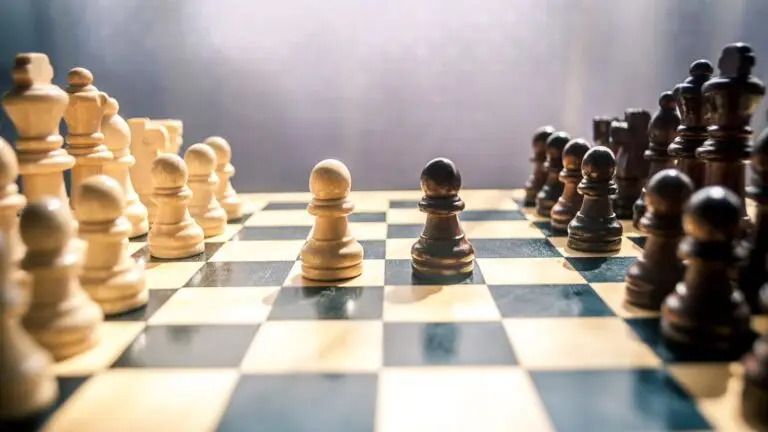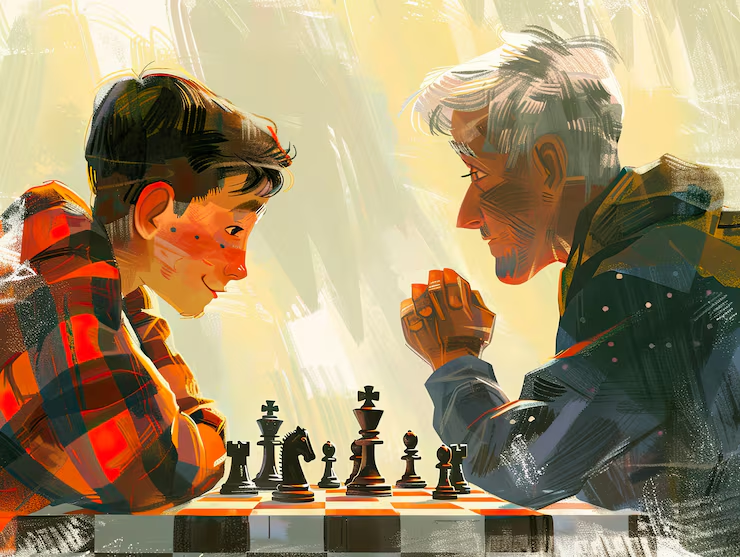For the last few years I have been chess everyday for at least 10mins, I actually stumbled on the game by chance although from another hobby of mine (story for another day) and have been hooked ever since.
Chess has always been more than just a game. For centuries, it has been celebrated as a battle of minds requiring foresight, creativity, and strategy. But beyond its reputation as a test of intelligence, modern research shows that playing chess can have profound benefits for cognitive development, mental agility, and even long-term brain health.
Just as lifting weights (another hobby of mine) strengthens muscles, playing chess exercises the brain. Each game requires problem-solving, memory recall, spatial reasoning, and logical decision making. Neuroscientists describe chess as a “whole brain workout” because it activates both the left hemisphere (logic, analysis) and the right hemisphere (creativity, pattern recognition).
Daily practice reinforces these neural pathways, improving:
Memory (remembering openings, positions, and prior games which works great for defence opening on black)
Concentration (sustained focus for long periods, I could play for 2 hours and not even notice)
Problem-solving skills (anticipating an opponent’s moves and planning ahead)

For children and young adults, chess supports academic performance by enhancing critical thinking and patience. Studies have shown that students who play chess regularly perform better in mathematics, reading comprehension, and standardized testing. The discipline of calculating moves before acting can translate into improved decision-making off the board as well.
One of the most exciting findings in recent years is the link between mentally stimulating activities and reduced risk of dementia. Games like chess, bridge, and crosswords help build cognitive reserve the brain’s ability to remain resilient against age-related decline.
Research suggests that seniors who engage in regular strategic games experience slower memory loss and maintain sharper mental function longer than those who don’t. While chess alone isn’t a guarantee against Alzheimer’s or dementia, it is a powerful tool in keeping the mind agile and active.
Chess also nurtures mental resilience. The game teaches patience, emotional control, and adaptability. Learning to handle losses gracefully, staying calm under pressure, and thinking long-term are skills that benefit not only brain health but also personal well-being.
Coupled with a multitude of hobbies and interest it can be difficult to find time to invest in such hobbies (albeit some may see as trivial) such as chess. I have developed a sprinted approach & dedicate about 10 mins every other day to the game. I play not just to win but to sharpen my focus, mentally reset and even learn from other players strategy. Its akin to meditation with a focus on strategy and having the end game insight. each move demands presence, creativity, and awareness. Over time, I’ve noticed clearer thinking in my daily work, better problem-solving, and even reduced stress.
